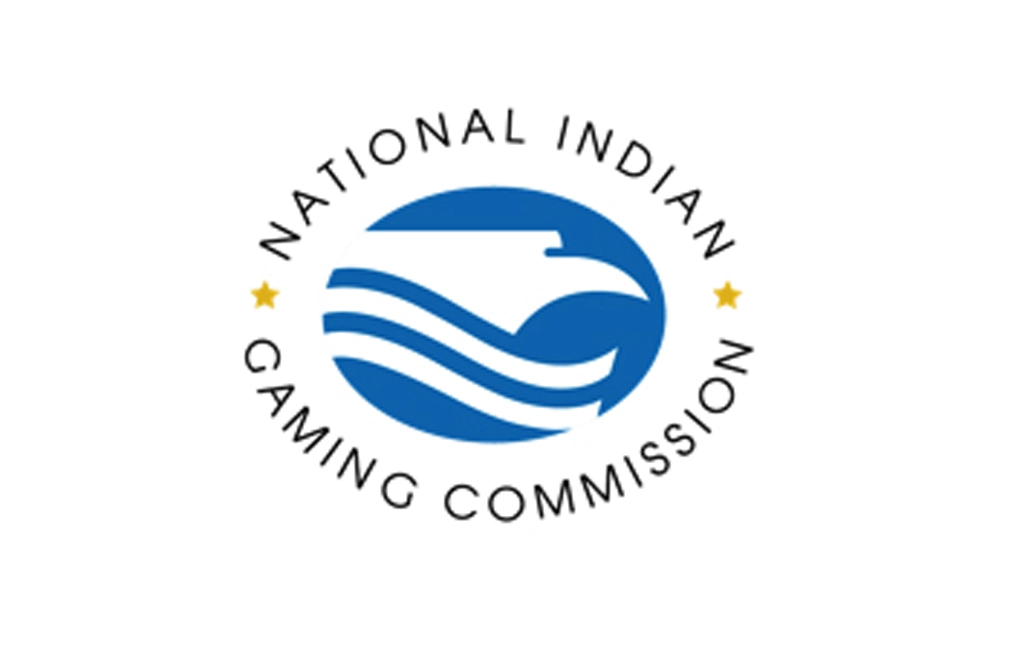
Gambling has come a long way in the United States. The activity has crossed so many hurdles to become acceptable at the federal and state levels to a relatively good extent. There are still many states that still need to open their doors. Nevertheless, the online gambling market is projected to reach US$23.03bn in revenue this year. This market is also expected to have an annual growth rate (CAGR) of 9.53% between 2024-2028, resulting in a market volume of US$33.15bn by the end of 2028. These, of course, require strict regulation to ensure fairness, which happens through gaming commissions.
While these market revenue stats look impressive, they are still a bit low compared to the revenue of other industries. This is due to the high regulations carried out by gaming commissions, also known as gaming control boards.
In this casino news, we will highlight the primary gaming commissions in the US and their functions.
Inside the Vigilance of Gaming Commissions Across America
Gaming commissions are regulatory bodies established to monitor and oversee online casino gambling operations, including real money games. They work hard to ensure the industry’s integrity is not breached.
The multiple gaming commissions in the United States are all composed of experts in law and consumer protection and knowledgeable about the gambling industry. However, all these commissions work independently.
These commissions also have a solid organogram; various departments are within them, each with specific roles in the regulation of online casino activities.













